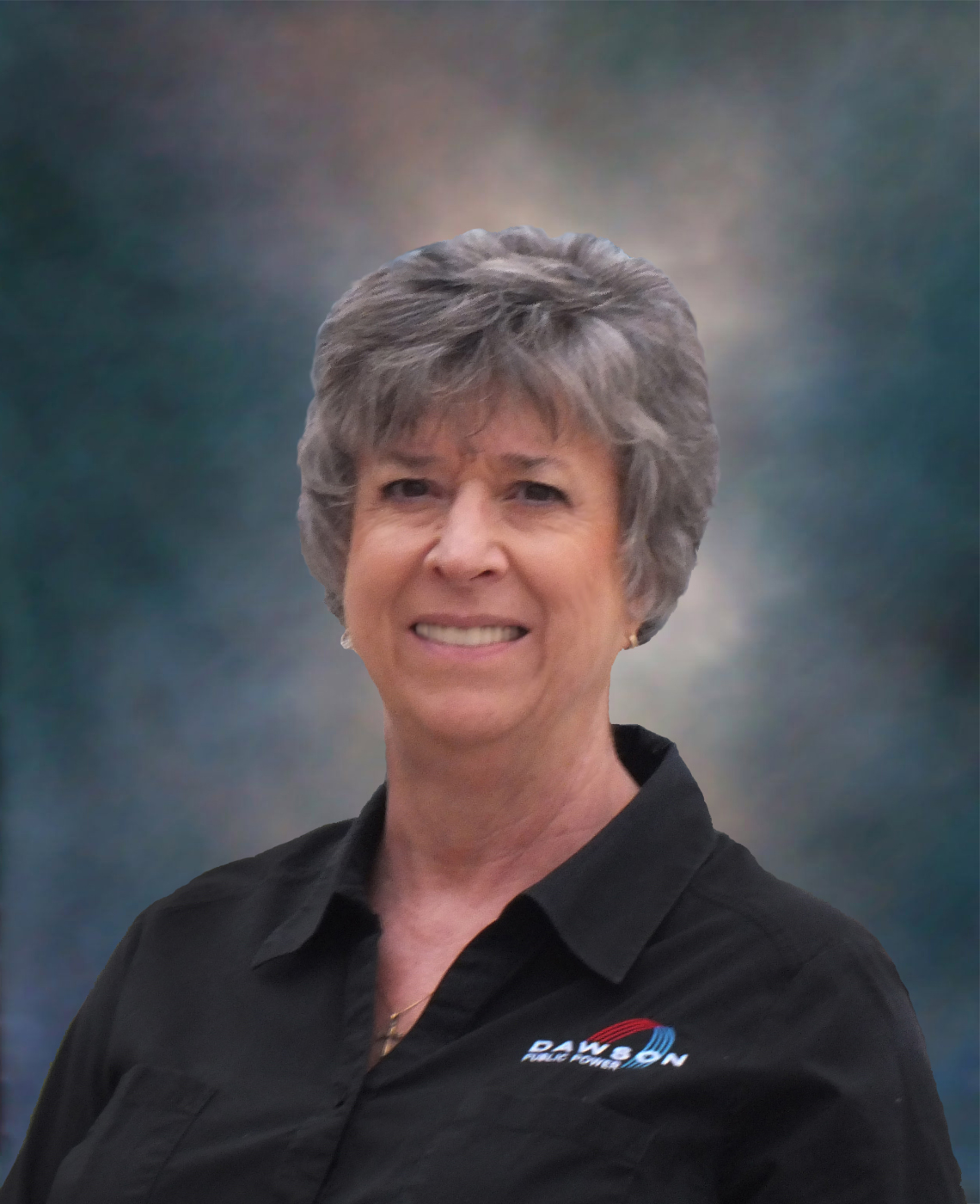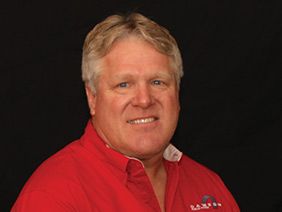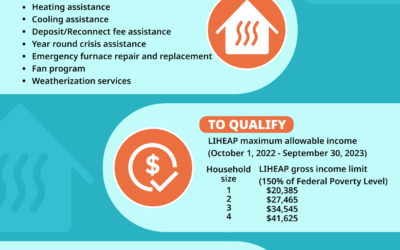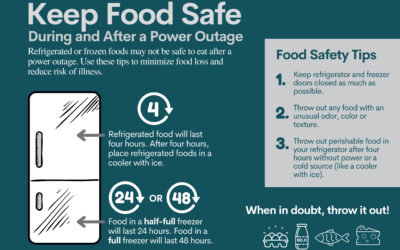
Gwen Kautz
Dawson PPD General Manager
308-324-2386
gkautz@dawsonpower.com
Telephone poles were first erected in 1844 and held one line for one purpose – communication. As electrification became more popular; it was determined that the same wooden poles used for phone lines could also carry electrical current. Standards were developed in which to allow television or video programming cables to use the same pole.
Today, it is estimated there are about 180 million utility poles in the United States. Most poles are owned by electric utilities. These poles have multiple uses and each system that uses them provides valuable services to all of us. With the pursuit of rural broadband, these poles are once again in the spotlight.
A few years ago, Dawson PPD changed the class of poles it uses in support of broadband. Taller poles accommodate recommended clearances. The taller poles are used when Dawson PPD is constructing new power lines or replacing aging lines. Poles have a long life, between 40-60 years, and it would be cost prohibitive to replace them all at once.
Owning a pole means we have a say over its use concerning safety issues. Nebraska statute 86-1244 allows small wireless carriers to attach to electric utility poles so long as the pole attachment rates are fair, reasonable, non-discriminatory and permit the electric utility to enforce safety regulations. Dawson PPD allows cable companies, cell phone carriers and landline phone services access to our utility poles through a “pole attachment agreement.” That agreement allows us to prioritize public safety.
Dawson PPD is very interested in rural broadband. We will do our best to assist companies to deploy to our rural areas while ensuring that the costs associated with it are not the responsibility of our customers. We ask that these companies adhere to our standard pole attachment agreement for safety purposes. Dawson PPD looks forward to working together to bring broadband internet to some of the most underserved areas of our country.
Side note: Customers are not allowed to attach items to our poles for safety purposes. This includes: security cameras, satellite dishes, internet receivers, signs, fences, trellis, or planting vines that grow up the utility pole.
OTHER NEWS
Ask the board: A conversation with Dan Muhlbach
Dan Muhlbach Dawson PPD Vice President Area served: Buffalo Subdivision Years of service: 27 years Certifications: National Rural Electric Cooperative Association Credentialed Cooperative Director National Rural Electric Cooperative Association Board Leadership...
Low income home energy assistance program
LIHEAP helps low income households stay safe and healthy by providing financial assistance to offset the costs of heating and cooling. What it does Heating assistance Cooling assistance Deposit/Reconnect fee assistance Year round crisis assistance Emergency furnace...
Keep food safe when the power goes out
Severe winds, lightning and even squirrels can temporarily cause the power to go out. We understand power outages of any length can be frustrating, especially when your fridge is stocked with perishable foods.
Extended power outages are rare, but when they occur, it’s important to understand food safety measures to take to avoid illness.
Here are a few food safety tips to keep in mind before, during and after a power outage.



